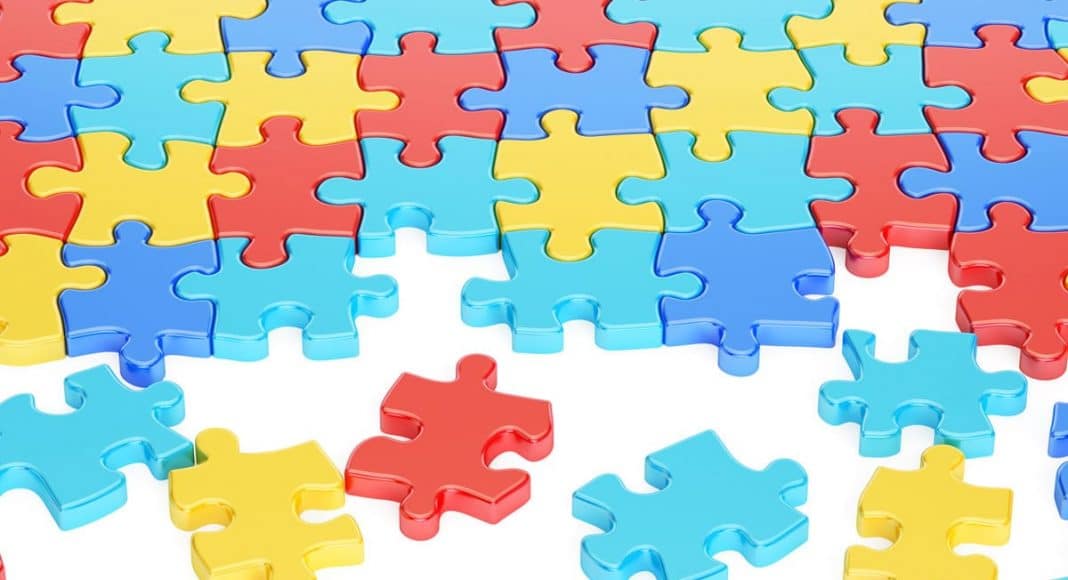Autism is a developmental disorder that leaves subjects mentality and physically debilitated for life. While symptoms of autism arise in different levels of severity on a case-by-case basis, all autism patients suffer from learning and speech disabilities. These learning and speech incapacities are further manifested in more specified impairments such as social awkwardness, lessened motor skills, and overtly extreme fixations. While scientists are still unable to pinpoint the exact cause of autism, most are in agreement that the disorder has some genetic, hereditary ties. Currently, there is no known cure for autism and doctors are still in need of a suitable aid for severe autistic symptoms/outbursts.
Autistic Outbursts And Pharmaceuticals
How autism presents itself in patients differs considerably in each instance, with the most drastic cases gaining attention of the medical marijuana community. Patients whom suffer the most are those with “severe autism”—this level of the disease is accentuated by radical, forceful “autistic outbursts.” Severe autistic outbursts can be so intense as to completely inhibit the social and professional activities of an autistic child’s family. As a result, for parents with children that suffer from severe autism, finding a suitable medicine to curb these outbursts is essential. The approaches of mainstream, western medicine to treating autism include some anti-psychotic pharmaceuticals as well as the use of “Ritalin, Focalin, and Rispederal.” All of these medications are wrought with debilitating side effects. In the most extreme cases, autistic patients have died from malnutrition as their prescription meds totally incapacitated their appetites.
Medical Cannabis Research And Autism
Israel is currently leading the global charge for legitimate medicinal research into the potential benefits of medical marijuana—including that of autism. In fact, Israel has over 110 state sanctioned medical marijuana tests underway throughout the country, making them the number one nation in cannabis research in the world. To bring it back to autism, the Shaare Zedek Medical Center in Jerusalem is presently conducting an intensive medical cannabis study on 120 autism patients ranging in age from 5 yrs. to 29 yrs. old. The Israel studies are using CBDs, or cannabidiol, as the primary focus of their clinical trials in curbing autistic outbursts with cannabis. The results of these tests are positive for both patients and their families. For starters, one patient’s mother reports that her daughter has become “calmer and less irritable” since beginning the trials with CBDs. Furthermore, the studies have shown that “some patients no longer hurt themselves or throw tantrums. Some are more communicative. Others were able to return to classes after they had been suspended for behavioral problems.” Amazingly, and in one of the most extreme cases of the Israeli studies, a mother reported that her 12 year old autistic son is now “speaking relentlessly” due to cannabis use, after never uttering a word in his entire life.
The United States also shares in its fair share of miracle stories with cannabis and autism. To illustrate, a conservative, anti-drug mother in California gave her severely autistic 10 yr. old son cannabis brownies as a “last ditch” effort to curb his outbursts—as pharmaceuticals destroyed his appetite and caused him to wither away to 46 pounds. The results were almost immediate. Within days, the boy was playing patiently in his room and again eating healthy portions at dinner. In summary, while it is always important to analyze new medical movements with a critical eye, cannabis treatment for autism presents some powerful evidence for a new, natural “wonder drug.”


